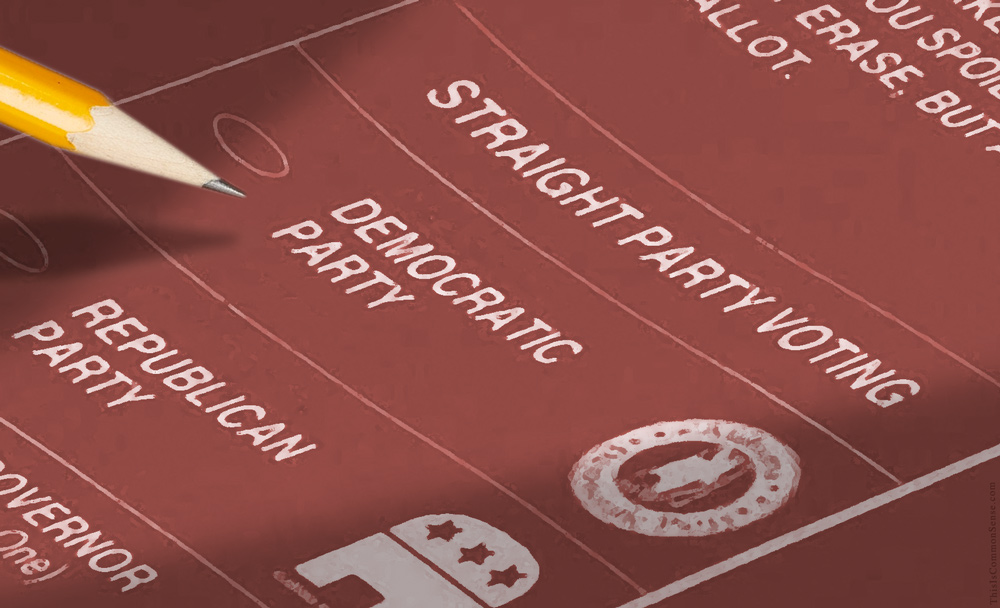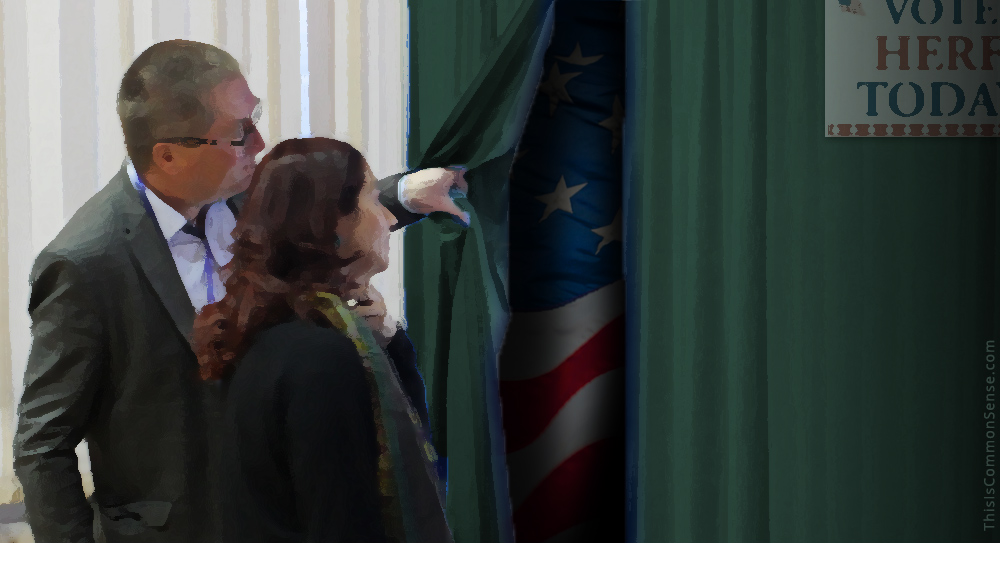U.S. Rep. Bruce Poliquin (R-Maine) doesn’t like Ranked Choice Voting.
Last week, I suggested that’s because he lost his re-election to Congress in his state’s first use of Ranked Choice Voting (RCV). Perhaps I spoke too quickly? Congressman Poliquin argues that RCV is a “black-box voting system.”
“We heard from countless Maine voters who were confused and even frightened their votes did not count due to computer-engineered rank voting,” read a campaign statement.
Who wants frightened voters?
The “voting system utilized by the Secretary of State is secret,” Poliquin’s campaign spokesman further complained. “No one is able to review the software or computer algorithm used by a computer to determine elections. This artificial intelligence is not transparent.”
Computer-engineered elections? Artificial intelligence? Oh, my!
“I think it’s time that we have real ballots, counted by real people,” the congressman told reporters. “. . . instead of this black box that computes who wins and who loses.”
By all means, yes.
Nathan Tefft is a professor at Bates College in Lewiston, Maine, and claims to be “a real person.” With a PhD in economics. He got all the election data and replicated the ranked -choice process used by the Maine Secretary of State in conducting the count, confirming the state’s results.
“The Maine secretary of state’s office has published all the election results on its website — every ballot, every ranking in every town,” the Bangor Daily News informed. “It’s all there in massive data files that can be inspected and downloaded.”
Wait a second . . . what about the black-box, the secrecy, the dreaded use of AI?
All a fable.
“Yeah,” Dr. Tefft noted, “it’s just math.”
This is Common Sense. I’m Paul Jacob.
» See popular posts from Common Sense with Paul Jacob HERE.











